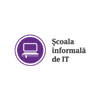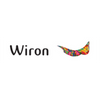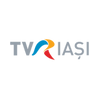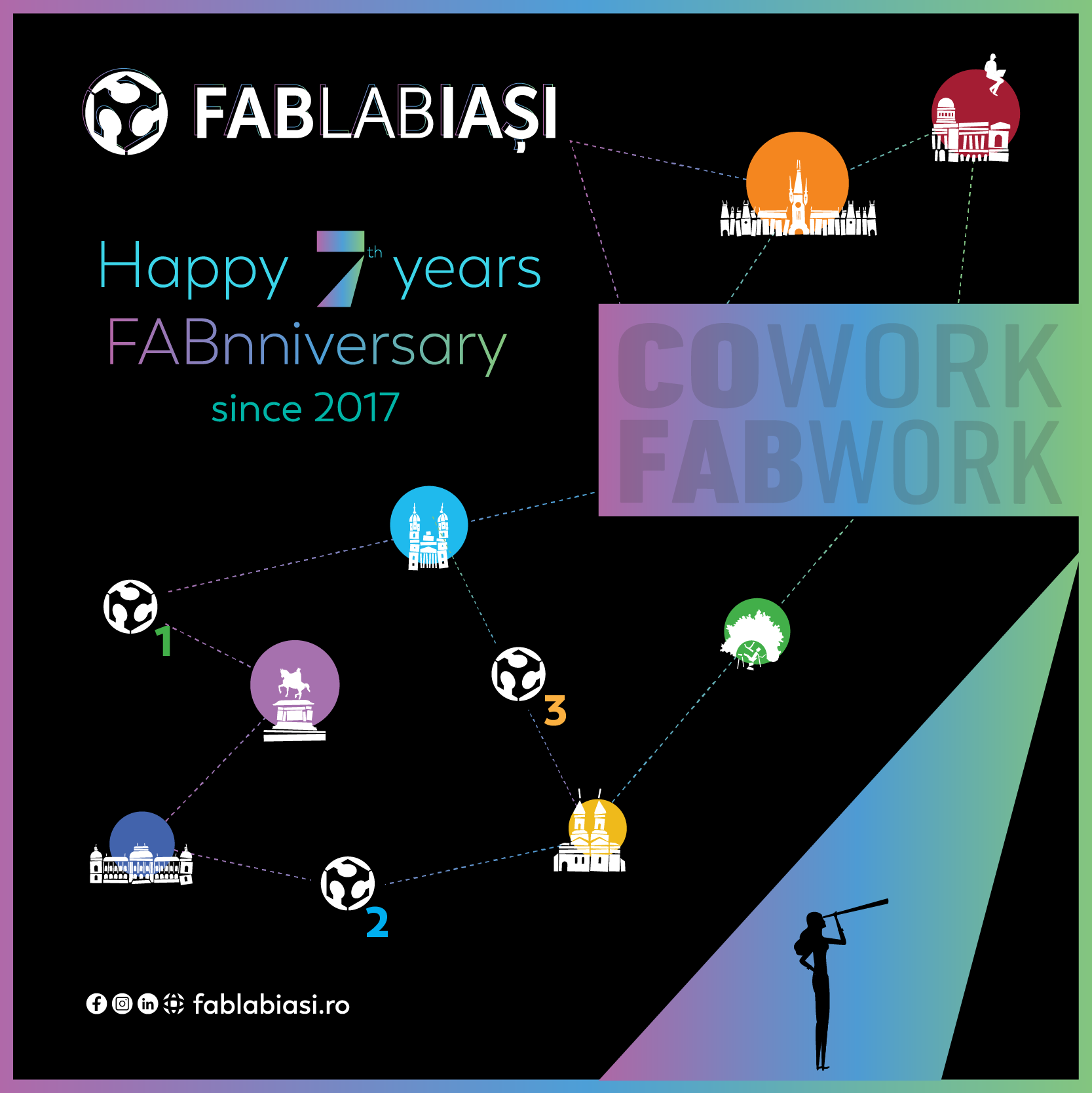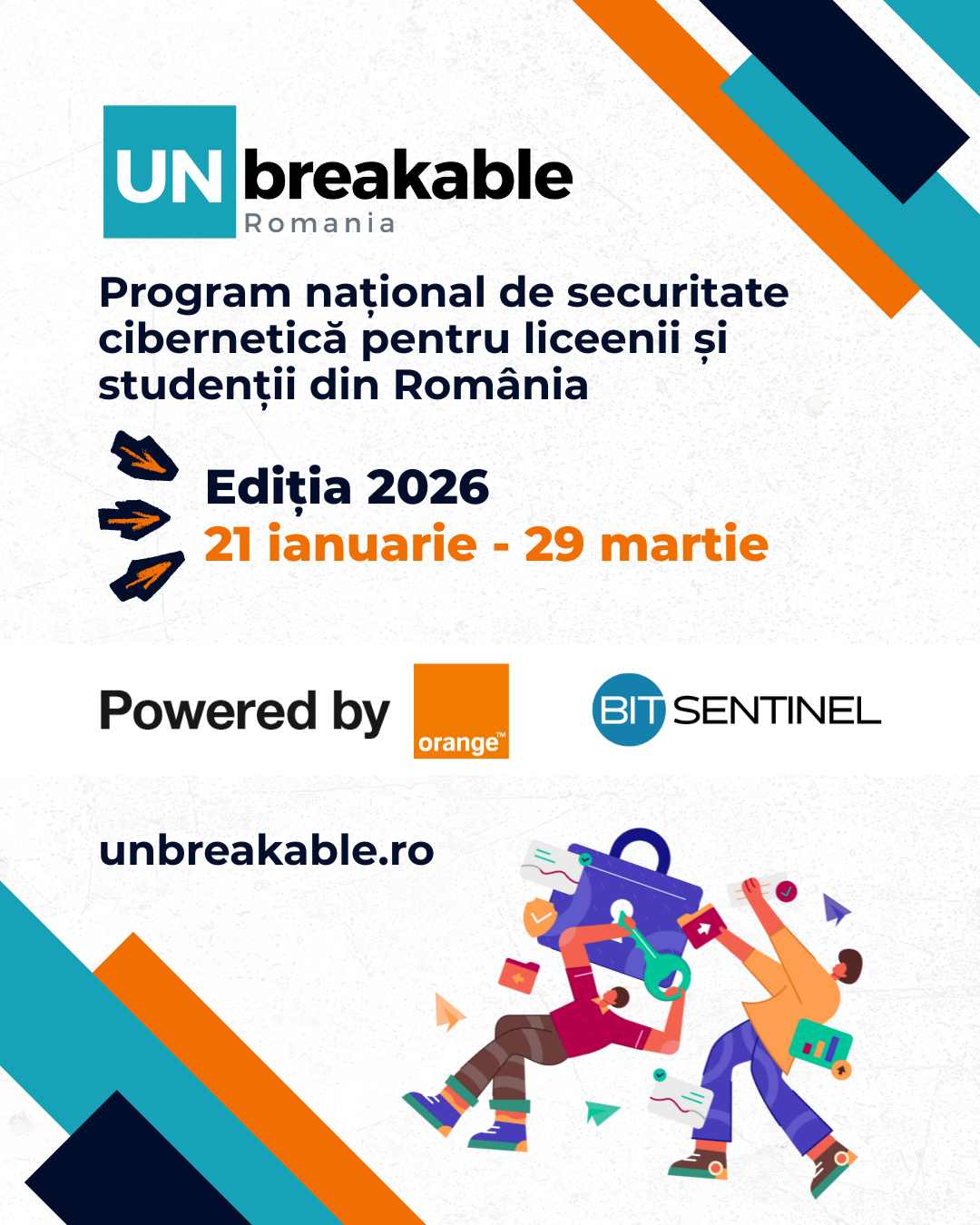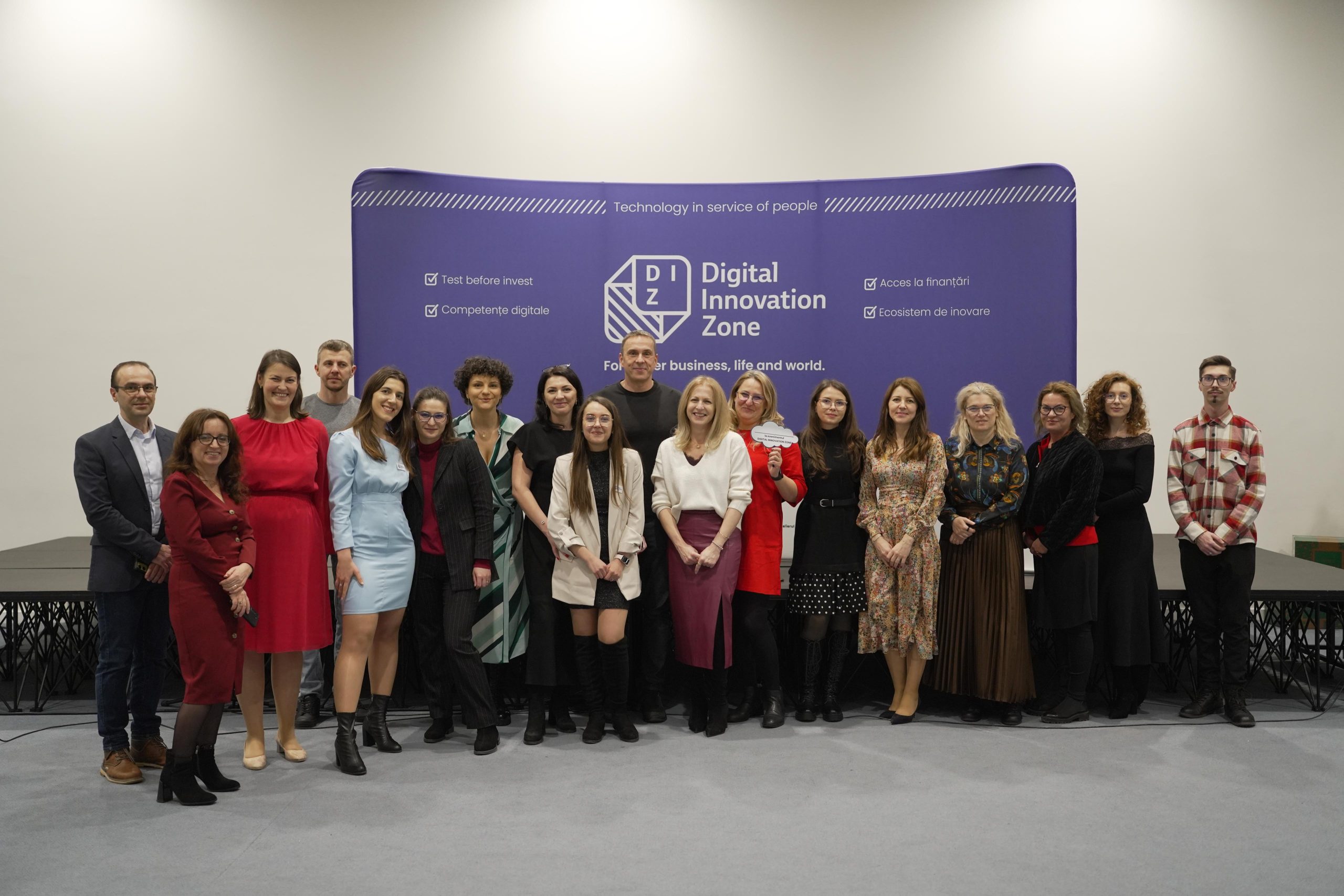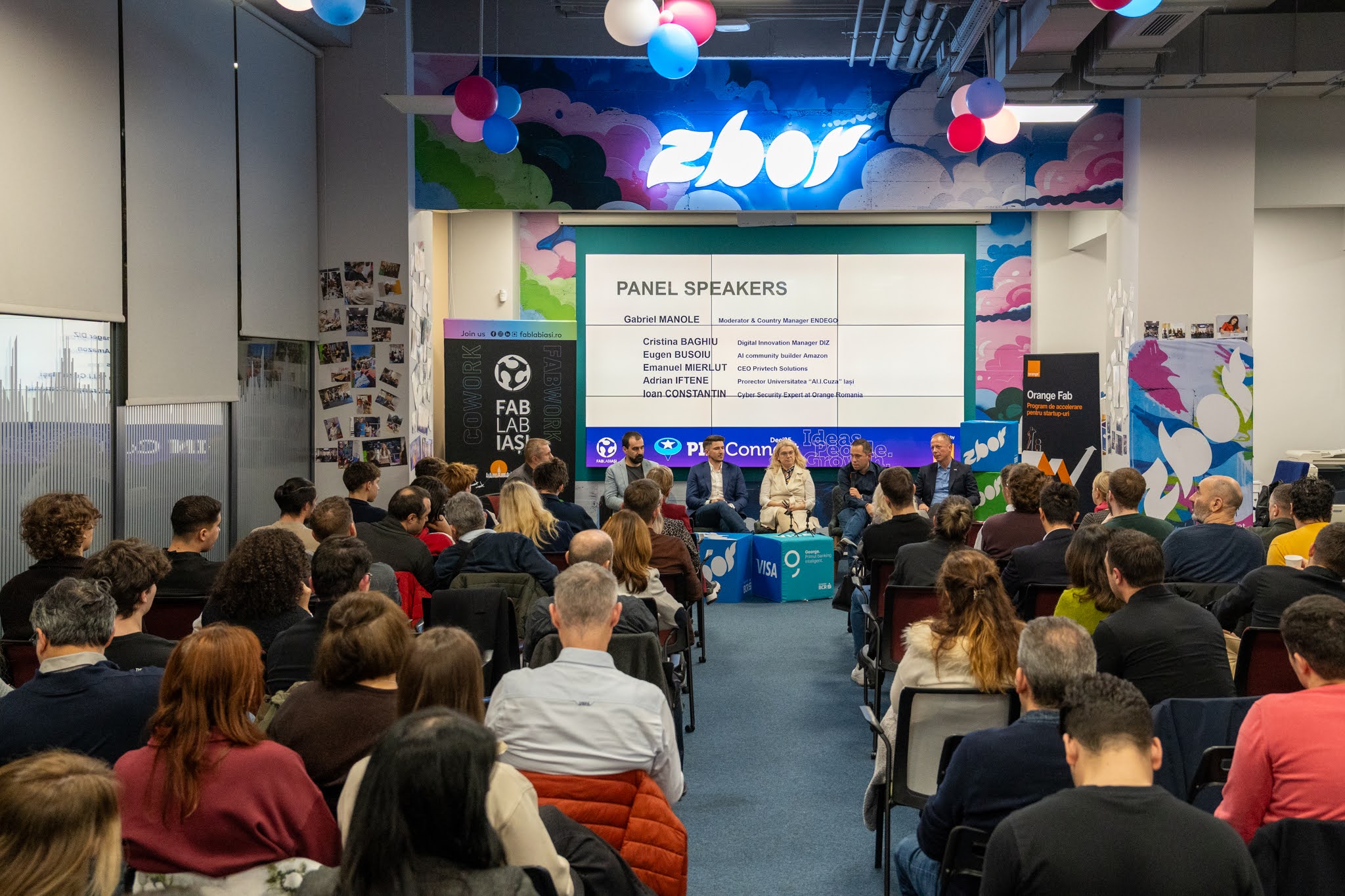AI didn’t sneak into our lives. It walked in through the front door, grabbed a coffee, and started reorganizing the furniture.
Not many of us asked why. It just made things… easier. Tasks that once felt like a drain suddenly took half the time. Meetings got summaries. Decisions had backup data before we even asked for it. Now, it’s in HR departments, classrooms, Slack channels, and quietly shaping the decisions that define our lives.
And somewhere along the way, AI stopped being a “tool”. It became part of the background. So woven into the day-to-day that we barely notice it anymore. Like Wi-Fi, we just expect it to be there, doing its job quietly.
“AI isn’t just changing tools. It’s changing how we think, how we hire, how we learn, it’s impacting everything.” – Bogdan Apostol, CEO at Nestor
AI in Business: From Automation to Augmentation
The most obvious impact AI is having is in speeding things up. Inventory tracking, logistics planning, customer support, and so on; all these processes that once took hours now happen in minutes.
But speed was just step one.
Now, AI is embedded into the core of business operations. In the boardroom, AI surfaces market trends before competitors even spot them. In marketing, it crafts content faster than most teams can brief an agency. In finance, it flags anomalies and predicts cash flow patterns weeks in advance.
And yes, it’s in HR too, reshaping how we think about talent.
This kind of integration forces businesses to rethink how they operate at a fundamental level. The questions become:
- Can we adapt our operations as fast as AI can learn?
- Are our teams equipped to collaborate effectively with AI technologies?
- Do we have the right visibility into our people to know what moves we should make next?
“The impact of AI isn’t that it’s fast. It’s that it forces you to rethink everything you assumed was working.” – Raluca Apostol, CPO and co-founder at Nestor
AI Made Us Rethink What “Talent” Means
For decades, talent strategy, one of the main focuses in business, was built around job titles. You were hired for a role. You trained for it. You climbed the ladder from one role to the next. It was clean. Predictable. And completely disconnected from how work happens now.
When AI evaluates candidates, it’s not thinking in terms of “Senior Data Analyst” or a “Customer Experience Strategist.” It sees capabilities. Writing. Coding. Analyzing. Suddenly, what matters isn’t the job description. It’s the skill set. So, it’s no surprise that more companies are moving toward a skills-based approach to work.
But to do that, companies need something they’ve historically lacked: real visibility into their people’s capabilities. That means:
- Identifying existing skills: technical, behavioral, and transferable
- Recognizing which roles are at risk, and what skills can be reused elsewhere
- Creating targeted upskilling programs aligned with what the business needs
This is exactly the infrastructure we’re focused on building at Nestor. Our platform gives organizations a real-time view of their workforce; what people can do today, and what they could grow into tomorrow. We use AI not just to automate HR workflows, but to enable smarter, faster decisions based on actual skill data.
And with our newly launched Nestor AI, an AI-Powered HR Companion, we’ve added a layer of intelligence that helps teams create skills frameworks in a fraction of the time it used to take. What used to take weeks now takes hours.
“Everyone’s talking about talent strategy, but no one had the time to do it properly. That’s what Nestor AI was built to fix.” – Raluca Apostol, CPO and co-founder at Nestor
This is what the broader business impact of AI looks like: not just automation for the sake of speed, but tools that free up time for better decisions, more personalization, and long-term planning.
AI in Education: From Curriculum to Career
Everything from how students learn to how employees upskill is being reshaped by AI’s ability to personalize, accelerate, and scale education like nothing before it. The result? Institutions are being pushed to modernize. Fast.
But for a better understanding, let’s start at the beginning: traditional education systems were built for consistency, not adaptability. Same classes, same methods, same pace, for everyone. That made sense when the world moved slower. In the present? Not so much.
Teachers no longer have to spend hours manually reviewing student performance. AI tools can flag knowledge gaps in real time, suggest tailored interventions, and even generate assignments that match a learner’s current level.
For students, AI has become a 24/7 learning assistant. They’re using it to break down complex topics, test themselves with instant feedback, translate across languages, and simulate real-world problem-solving.
In short: AI is helping education shift from standardized to personalized.
Teaching AI Before It Teaches Us
The biggest mistake we could make right now? Treating AI like a specialist topic, instead of a basic skill. Kids shouldn’t just learn how to use it; they should learn how to think alongside it.
Introducing AI literacy early, understanding what it can and can’t do, how to ask it the right questions, and how to critically evaluate its output, will be just as foundational as reading or math. Not because every student will work in tech, but because every job will work with tech.
But most schools still treat tech as a subject, not a layer of reality students will live and work inside every day. That’s the gap. The longer we treat AI as a niche topic, the harder it will be for graduates to compete.
This brings us to the second half of the equation: education doesn’t stop after graduation.
Work Is the New Classroom
Even with the best early education, most people will need to keep learning once they enter the workforce. The average shelf life of a skill is now less than five years. Some roles will vanish. Others will require skills that don’t even exist yet.
The workplace has become the new school, and AI is transforming how companies manage that. We now have systems that:
- Recommend personalized learning content-based skill gaps that fit the employee’s context
- Build personalized career paths based on individual goals and business strategy
- Surface adjacent skills that make people more versatile, not just more specialized
That’s the shift we’re building for at Nestor. Making sure learning isn’t just available but connected to purpose.
“It’s easy to throw learning content at people. We wanted Nestor to connect learning with real goals, so people see the why, and managers know the how.” – Bogdan Apostol, CEO at Nestor
We’ve built our platform to make learning part of the flow of work, not a disconnected activity. We connect performance data, goals, and learning content to help people grow. Our goal isn’t to overwhelm employees with options. It’s to help them make smart, strategic choices that match their goals and the company’s direction.
Because that’s the real value of AI in education. Not just faster content delivery, but smarter paths forward.
AI Isn’t Replacing You. It’s Replacing the Way You Work
AI isn’t coming for your job. It’s coming for the parts of your job that waste your time.
The repetitive tasks. The outdated processes. That’s what gets automated. What’s left is the work that needs you: your judgment, creativity, experience, and ability to make decisions in motion.
The real impact of AI is raising the bar. Not just for speed, but for intelligence; in how we teach, how we grow people, and how we build systems that stay relevant.
At the end of the day, AI won’t replace humans. But the humans who know how to work with AI? They’ll absolutely replace the ones who don’t.






